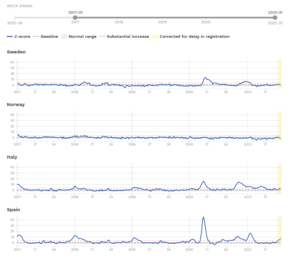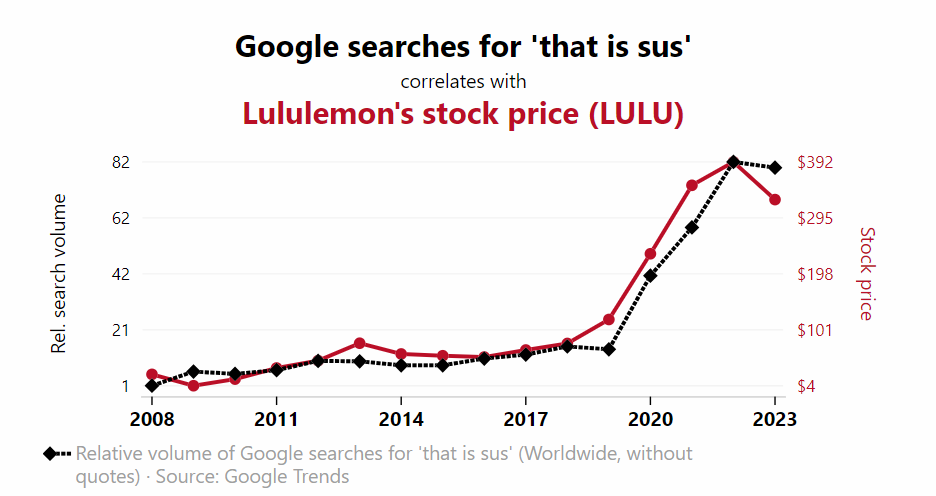Ivermectin has been the subject of much
misinformation during the
pandemic, prompting multiple health organizations and one of the drug’s
manufacturers to issue
warnings throughout the past year that
there is not sufficient
evidence to
recommend its use for COVID-19 beyond a trial setting. In the new report, researchers in Germany and the UK sifted through the literature on ivermectin and came to broadly the same conclusion.
“Based on the current very low- to low-certainty evidence, we are uncertain about the efficacy and safety of ivermectin used to treat or prevent COVID-19,” the authors write in their report, posted last week (July 28). “The completed studies are small and few are considered high quality. . . . Overall, the reliable evidence available does not support the use ivermectin for treatment or prevention of COVID-19 outside of well-designed randomized trials.”
“The hype around ivermectin is driven by some studies where the effect size for ivermectin is frankly not credible,” Paul Garner, the coordinating editor of the Cochrane Infectious Diseases Group, says in a
statement. “Careful appraisal is the cornerstone of Cochrane’s work, and with such extreme public demands for a drug to work during the pandemic, it remains vital that we hold onto our scientific principles to guide care.
The team’s final analysis included 14 randomized controlled trials with a total of 1,678 adults. Six of the studies were double-blinded and placebo-controlled—factors considered to improve the quality of evidence in drug trials. Nine of the 14 studies focused on moderate COVID-19 cases in hospital settings, four on mild cases in outpatients, and one on the use of ivermectin as a preventive medicine.
The team identified an additional 38 studies that failed to meet the review’s inclusion criteria, mainly because they contained problematic comparisons or data, or otherwise didn’t meet scientific standards for strong evidence. For example, nearly a third of the studies evaluated ivermectin alongside other treatments that varied between different groups of patients, making it difficult to extract the effect of ivermectin, specifically, from the data. Several studies classified people as COVID-19 patients without testing to make sure they had the disease with a PCR or antigen test.














